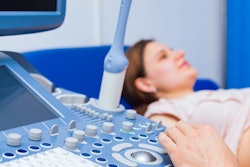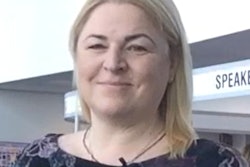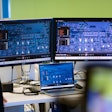Dear Artificial Intelligence Insider,
In breast imaging, artificial intelligence (AI) is poised to succeed where traditional computer-aided detection software did not, offering new capabilities that can unlock improved diagnostic accuracy and reduced workloads for radiologists, according to Prof. Michael Fuchsjäger of the Medical University of Graz in Austria.
In an editorial published in European Radiology, he explained how AI will help radiologists add more value and improve their ability to provide the best possible care for patients.
AI is also poised to transform the ultrasound market, addressing some of the modality's longstanding limitations. Although the first wave of ultrasound AI applications have focused on optimizing images and automating time-consuming and repetitive tasks, AI's greatest impact will be in facilitating guided ultrasound exams, according to Simon Harris of health technology market intelligence firm Signify Research.
In other news, German radiologists have developed a deep-learning algorithm that can automatically perform liver segmentation on MRI scans. The algorithm has also achieved promising results for segmenting other organs, such as the lungs and the heart. AI was also a prominent area of focus at the recent 100th German Radiology Congress in Leipzig.
A new survey from France recently showed that most radiologists believe AI will reduce errors and free up more time to spend with patients. However, the survey also revealed that many radiologists don't use AI and fear they lack sufficient knowledge. They do, however, want to learn, and they believe the greatest expectation for AI is to improve the quality of patient care.
Meanwhile, a team of Dutch, German, Czech, and U.S. radiologists and radiology residents has launched an online survey to determine how members of the global medical imaging community view the use of AI technology in radiology.
An AI algorithm can predict which patients with suspected coronary artery disease will go on to experience myocardial infarction or death during follow-up. Also, AI image interpretation platforms have come of age recently, according to columnist Dr. Neelam Dugar, a consultant radiologist in the U.K. and informatics adviser to the Royal College of Radiologists.
Within a decade, medical physicists specializing in radiation oncology will need expertise in dealing with areas such as workflow automation, computer optimization, and AI, according to a debate at the recent European Society for Radiotherapy and Oncology meeting in Milan.
Is there a story you'd like to see covered in the Artificial Intelligence Community? Please feel free to drop me a line.


















